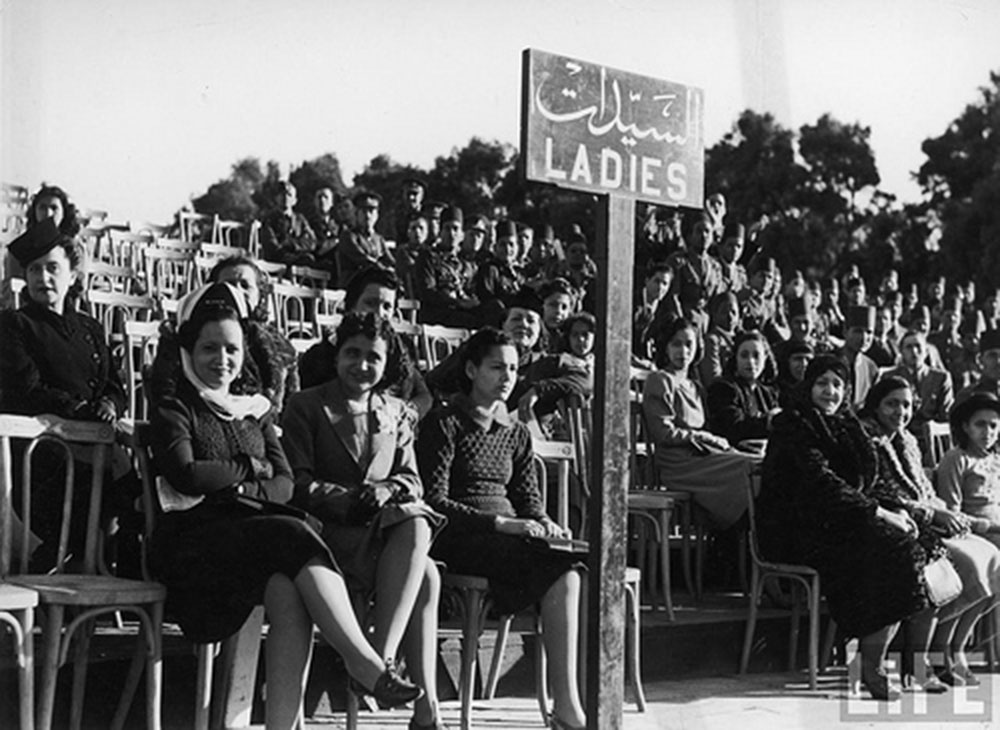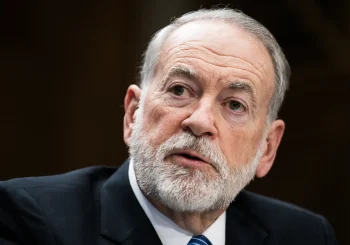While discussions about the history of Egypt’s feminist movement usually center around people such as Huda Al-Shaarawi, Doria Shafiq, Nabawiya Musa, Malak Hifni Nasif, and the more contemporary Nawal Al-Saadawi, a more obscure – but arguably just as interesting – figure who deserves more attention than she has received is Sanaa’ Al-Masry (1958-2000).
A quick Google search reveals the lack of information about her and may also say something about the general climate in Egyptian society in the 1980s and 1990s, when she was most active. However, an article in the Journal of International Women’s Studies, which is partly based on unpublished manuscripts by Al-Masry, helps shed some light on this little-known women’s rights champion.
Unlike many other prominent Egyptian feminist activists during the 1980s and 1990s, Sanaa’ Al-Masry, being a Marxist, acted independently from formal organizations, including the state and opposition groups and did not want to be associated with groups that received funding from Western bodies. The demise of Gamal Abdel Nasser’s “state feminism” during the 1970s onwards had ushered in a period under President Anwar Sadat that was marked by a proliferation of private initiatives and the more active participation of Western-funded NGOs in civil society. The independent position Al-Masry took put her into conflict with not only the Egyptian regime but also the rising Islamist current and numerous opposition groups, including leftists.
Sanaa’ Al-Masry The Feminist
Despite the antagonistic social climate, Al-Masry managed to create an alternate space within the public sphere where she could promote a purely secular feminism that did not resort to religious arguments to justify why equality between women and men should be established.
In her analysis of the position of women in society, Al-Masry saw their inferiority within the intermingled context of both social class and gender relations. The women and men in the working class were understood in Marxist terms as being oppressed by an economic system that exploits the labor power of the workers in order for capitalists to maximize their profit. Within the home, Al-Masry saw women’s inferiority as a result of systemically unequal gender relations that unavoidably seep into domestic life. In other words, she saw gender relations within the family as going hand-in-hand with gender relations in society at large.
Unlike many other feminists who advocated for women’s right to work, Al-Masry also wanted women to explore their inner creativity at work and for them to genuinely enjoy it. She also went further than other activists who called for better working conditions, daycare services and more women-friendly transportation infrastructure by endorsing a wider cultural change that recognized the genuine contributions that women have made to society and that women should be able to truly enjoy life, not only have rights to work and education.
The misogynist cultural climate and discourse in Egyptian society was seen by Al-Masry and her Marxist compatriots not as a result of generally diminishing moral standards but rather as a product of society’s exploitative material relations and the wider crisis of capitalism.
The only way to achieve the full emancipation of women and men, according to Al-Masry, was to establish an egalitarian political and economic system based on socialist principles where everybody could enjoy a just and equitable life. The liberation of women was closely connected to the struggle for political and economic democracy and public liberties, equally benefitting both sexes.
Al-Masry viewed the retraction of the Nasserist state and the withdrawal of its social welfare policies as exposing the naked capitalism that underpinned the Egyptian economic system. Sadat’s neoliberalism, embodied in his infitah policies, helped to increase economic inequality in general, and gender inequality in particular. With men and women competing for economic opportunities, these material conditions were the real roots in the rise of Islamism and the anti-women discourse that prevailed in Egyptian society at the time.
Sanaa’ Al-Masry the Individual
As a student at Cairo University in the 1970s, Sanaa’ Al-Masry early in her activist life became known as a radical Marxist. She openly protested against the demise of the state welfare policies that had been a hallmark of Nasserism, as well as repressive university management policies.
Also being an avid critic of Israel, she was badly injured in a 1985 protest she led against an Israeli assault on the headquarters of the Palestine Liberation Organization in Tunis. She also rejected the “normalization” of relations between Egypt and Israel following the signing of the Camp David Agreement in the late 1970s.
Al-Masry made a living working as a journalist at the Al-Ahram Al-Iqtisadi magazine but was terminated from her position due to her anti-state activism. Despite her affluent background in the upper-middle class, she nonetheless lived most of her life in cheap female dorms in downtown Cairo.
Throughout her activist career, Al-Masry remained an independent Marxist feminist. She led street protests, published books and wrote in magazines, debated Islamists and even performed in the theater.
Despite generally being unknown, Sanaa’ Al-Masry should be remembered as a figure who helped carve out an alternative space in the highly conservative Egyptian public sphere where she and her fellow Marxists could promote their specific form of feminism.







Comment (1)
[…] Radical Egyptian Feminist: A Portrait of Sanaa'. Al-Masry A quick Google search reveals the lack of information about her and may also say something about the general climate in Egyptian society in the 1980s and 1990s, when she was most active. However, an article in the Journal of International Women's … Read more on Egyptian Streets […]